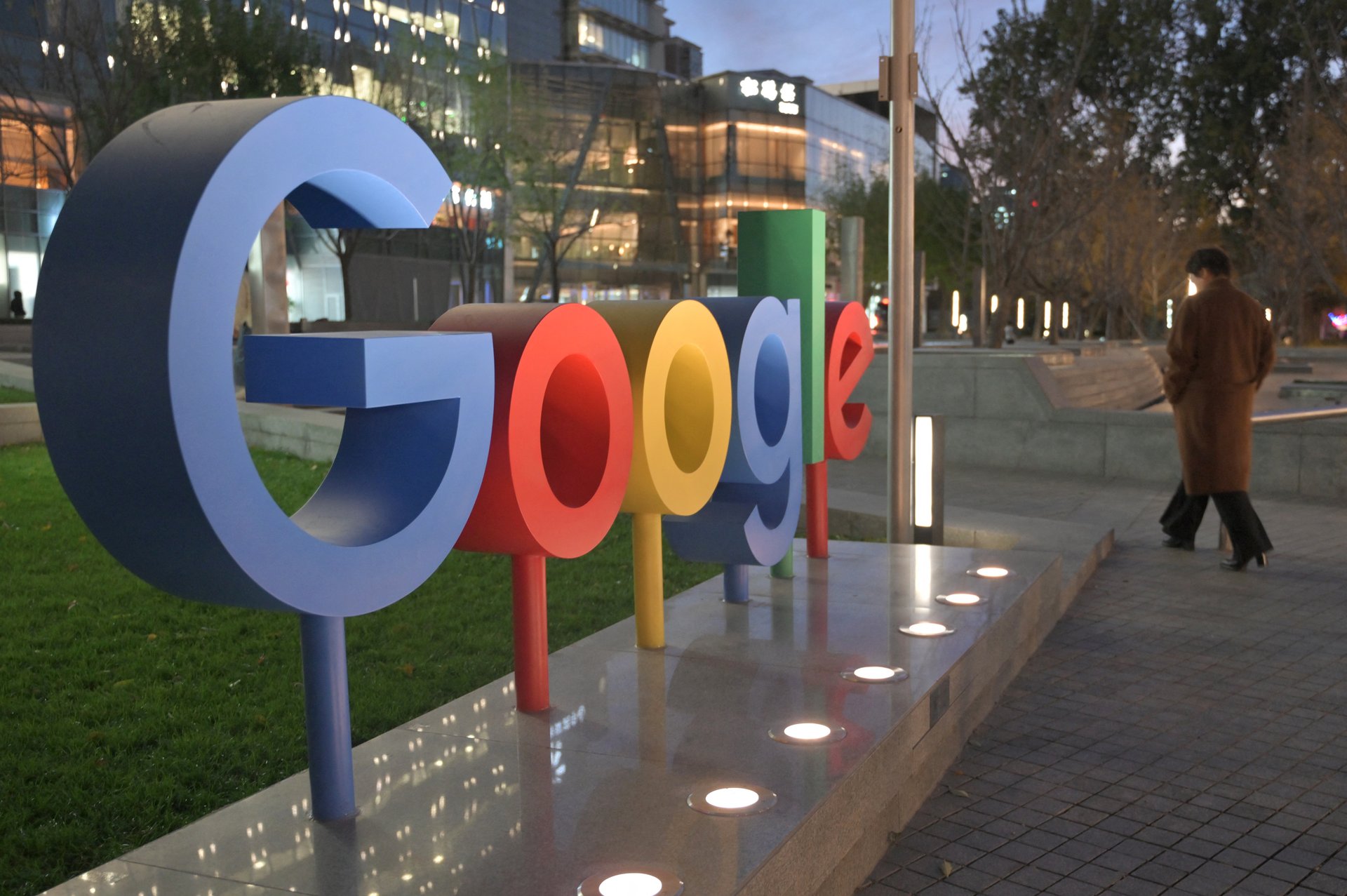Has Google's Gemini AI been reading your private emails? A new lawsuit says so
According to the lawsuit, Google activated Gemini by default last month without alerting users or asking for consent

Adek Berry/AFP via Getty Images
Google is facing fresh backlash over privacy concerns — this time involving Gemini, its AI assistant, and new settings the company rolled out last month.
Suggested Reading
A proposed class-action lawsuit filed on Tuesday in federal court in San Jose, California and first reported by Bloomberg, accuses the company of unlawfully turning on Gemini across Gmail, Google Chat, and Meet, effectively allowing its AI to monitor and analyze users’ private messages and attachments.
Related Content
The complaint alleges that Google activated Gemini by default in October of this year without alerting users or asking for consent. While Google provides an option to turn off the tool, the suit says such action requires digging through layers of privacy settings that most users never see.
“Entire recorded history” of users’ communications
In leaving Gemini set to “on,” Google allegedly gave the system access to “the entire recorded history” of users’ communications, potentially violating California's Invasion of Privacy Act. The 1967 law bans recording or eavesdropping on confidential conversations without all parties’ agreement. The plaintiffs are seeking class-action status and unspecified damages.
Per Bloomberg, Google hasn’t yet commented on the filing. But the company has previously marketed Gemini as a seemingly opt-in feature. If the case moves forward, it could test how existing privacy laws — written many decades before LLMs came to market — apply to modern AI assistants and apps.
How Gemini fits into Alphabet’s business
Even if it’s in the innovation business, Google’s core money-making operations still run on a simple loop, with free tools like Search, Gmail, and YouTube attracting billions of users, and their data fueling the ad targeting that generates almost all of its parent company Alphabet’s profits. Gemini fits neatly into this system, making products stickier while also powering new paid features in Google Cloud and Workspace that help diversify revenue streams beyond the core ad business.
Perhaps unsurprisingly, the company’s AI ambitions are clearly aimed at keeping pace with rivals like OpenAI, Anthropic, Amazon, and Microsoft. Gemini began as Google’s experimental chatbot Bard, launched in early 2023 on the heels of OpenAI’s ChatGPT.
Repeated privacy issues
In 2018, Google shut down its social network Google+ after revelations that a bug exposed the private data of up to 500,000 users. The same year, an AP investigation found that Google had continued tracking users’ locations even when they had turned off “Location History,” prompting regulatory scrutiny and lawsuits that led to a nearly $400 million settlement with dozens of states in 2022. Separately, in 2023, the company paid almost $100 million to California to resolve claims that it had misled users about how it collected and used location data.
The company has also drawn scrutiny and legal action over user privacy in the E.U., separate from more headline-grabbing antitrust concerns, and European regulators continuing to scrutinize how its ad-tracking and analytics systems make use of customers’ information.
None of this, however, has functioned to dent Alphabet’s profits in any clear way. The company reported $100 billion in net profit in 2024, up over 30% from the previous year.
